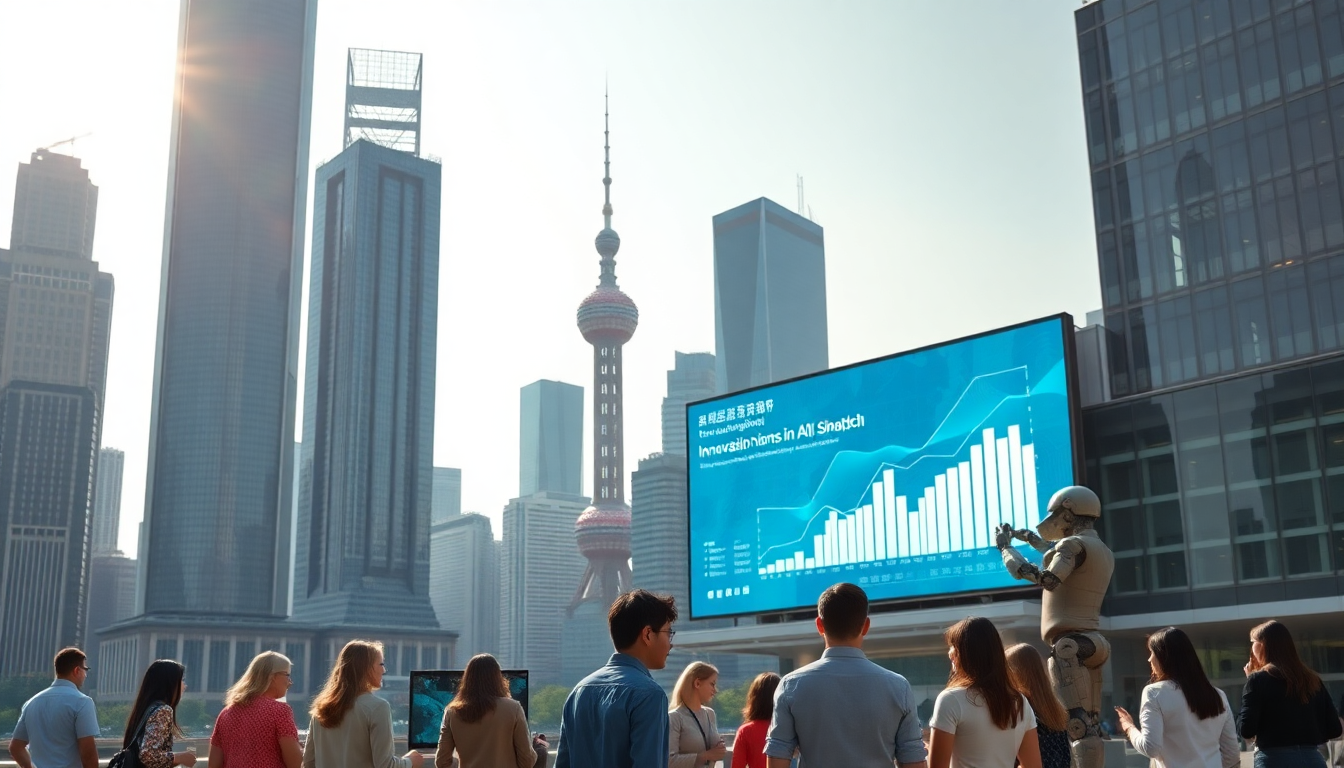Table of Contents
In a bold move to cement its position as a frontrunner in the artificial intelligence space, Shanghai has rolled out an ambitious subsidy program worth 1 billion yuan (around US$139 million). This initiative is designed to support local businesses and startups as they navigate the fast-paced world of AI technology. As competition heats up among China’s key cities, this funding could be a game-changer for Shanghai, boosting its appeal as an innovation hub.
Exploring the Shanghai AI Subsidy Program
The subsidy program aims to ease the financial strain on startups while promoting the adoption of AI solutions across various sectors. Out of the total budget, a hefty 600 million yuan is allocated to subsidizing computing power, and another 300 million yuan will go towards discounts on third-party AI models. Additionally, 100 million yuan is earmarked to help companies access the vital data sets needed to effectively train their models.
But that’s not all—this program also includes attractive financial incentives for businesses looking to rent, purchase, or develop computing facilities, AI models, and data sets. With subsidies ranging from 10% to 100% of the contract value, participating companies can expect significant cost savings. This strategic funding approach underscores Shanghai’s commitment to nurturing a vibrant AI ecosystem.
Strategic Goals and Market Implications
Experts suggest that this initiative is a strategic move by Shanghai to directly cut operational costs for AI firms, potentially leading to substantial growth in the local AI landscape. Pan Helin, a member of a notable expert committee under China’s Ministry of Industry and Information Technology, highlights that Shanghai’s robust funding capabilities give it a competitive edge in AI development.
Historically, Shanghai has attracted entrepreneurs with its expansive financial sector and global outlook. However, the high cost of living and operational expenses—think steep office rents—have often pushed new AI startups to consider more affordable cities like Hangzhou. This new subsidy program aims to turn the tide, making it financially viable for startups to stay in Shanghai and take advantage of the resources available in this bustling metropolis.
Future Prospects for AI in Shanghai
If implemented successfully, this subsidy program could leave a lasting mark on the future of AI in Shanghai. By easing financial pressures, the city might witness a surge of innovative startups, each adding to a richer tapestry of technological advancement. In the long run, this could foster a higher concentration of talent and expertise in the region, encouraging collaboration and attracting even more investment.
As we look forward, it’s essential for stakeholders in the AI sector to keep a close eye on the outcomes of these subsidies. The program’s effectiveness will ultimately dictate whether Shanghai’s AI landscape flourishes or if the city continues to grapple with challenges in attracting and retaining tech startups. For investors and industry players, understanding these dynamics will be crucial to seizing emerging opportunities in this promising field.


